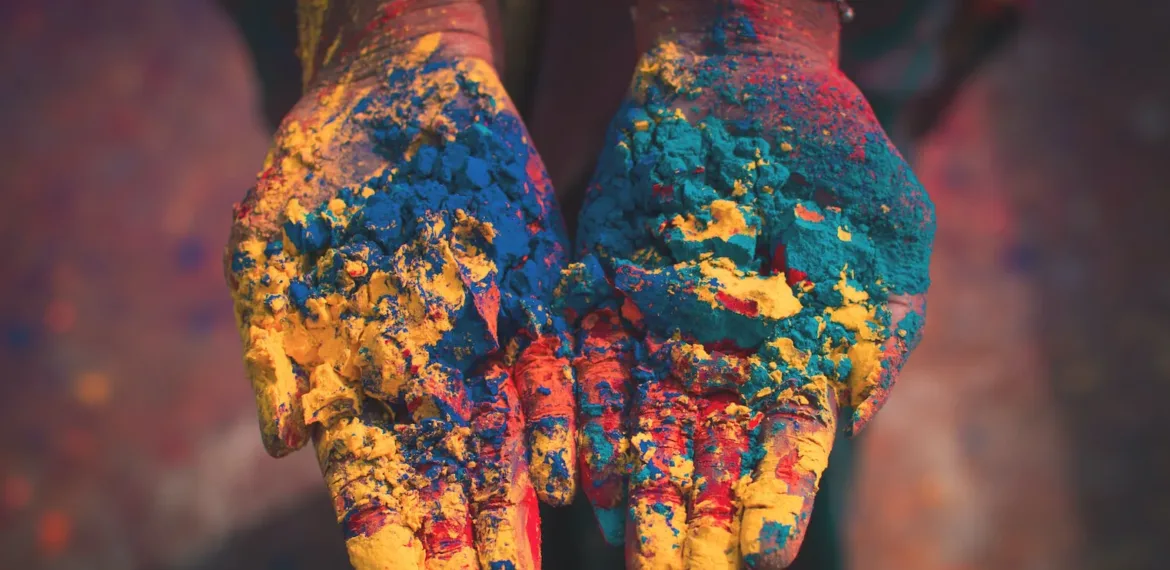“Cuba: Embrace the vibrant culture through its traditions, customs, language, and etiquette for an unforgettable travel experience.”
ROAMOPEDIA
Cuba's Culture
Exploring Cuban Culture: Traditions, Customs, Language, and Etiquette

Related
All related contents.
Related Posts
Discover the charm and history of Camagüey, Cuba’s hidden gem.
Discover the Beauty of Cuba’s Pearl of the South: Cienfuegos.
Step back in time and discover the colonial charm of Cuba’s Trinidad.
Discover the charm of Cuba’s past in Old Havana’s colorful streets and iconic landmarks.
Varadero – The ultimate Caribbean getaway.
Discover the cultural charm of Cuba’s City of Parks in Holguín.
Step back in time and immerse yourself in the vibrant history of Trinidad, Cuba’s stunning colonial gem.
Discover the hidden wonders of Bellamar Caves in Matanzas, Cuba.
Discover the authentic charm of Cuba’s oldest city, Baracoa, and immerse yourself in its stunning nature and delicious cuisine.

Cuba’s Cultural Treasures: A Journey Through History and Art
Explore the legacy of Che Guevara in Cuba’s Santa Clara.
Experience the rhythm of Havana, where history and modernity collide.
Discover the heart of Cuban history at Plaza de la Revolución in Havana.
Escape to paradise at Varadero Beach, Cuba’s ultimate seaside retreat.
Discover the soul of Cuba in Santiago de Cuba’s enchanting blend of history, music, and art.
Discover the vibrant creativity of Cuba at Fábrica de Arte Cubano.
Discover the stunning charm of Cuba’s Viñales Valley, a UNESCO gem of nature, culture, and adventure.
Discover the charm of Cuba’s Camagüey, where history and architecture collide in the heart of a UNESCO World Heritage site.
Discover the rich history and stunning views of Morro Castle in Havana, Cuba.
Discover the spiritual essence of Cuba at El Cobre Basilica in Santiago de Cuba.
Discover the rich history of piracy and warfare at Castle of San Pedro de la Roca in Santiago de Cuba, a UNESCO World Heritage site with breathtaking views.
Discover the natural wonders and cultural treasures of Viñales, Cuba.
Experience the vibrant spirit of Cuba at El Malecón, Havana’s oceanfront gem.
Discover the revolutionary spirit of Santa Clara, Cuba.
Explore the natural wonders of Cuba’s Baracoa through an unforgettable hike to El Yunque’s summit.
Related
Related contents and articles.
Related Posts
- Print
- Share
- +-Font Size